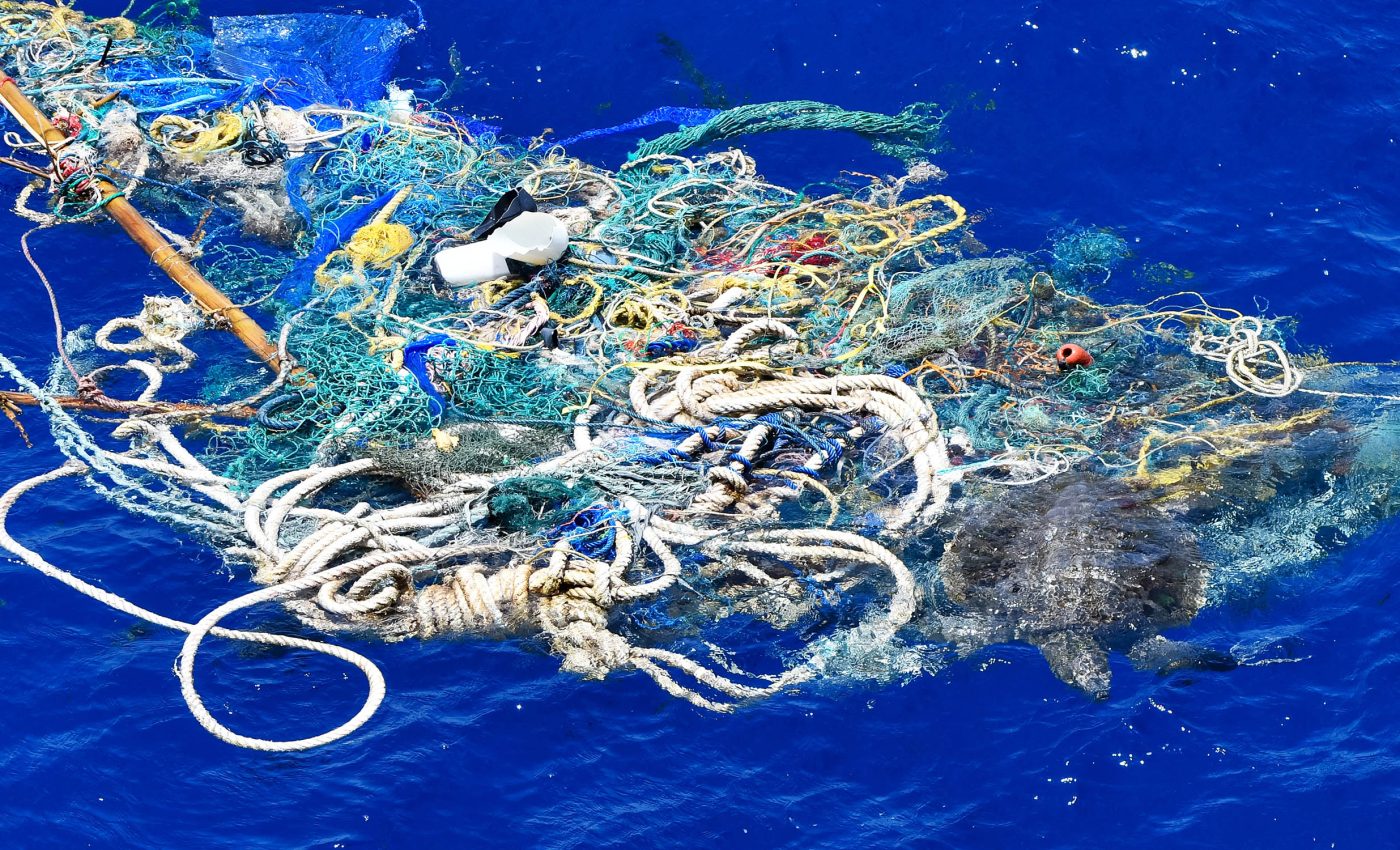
Some experts think we should pause our ocean plastic cleanup efforts
The story about plastic clogging up our oceans is a familiar one. The idea that bits of plastic litter in the sea impact marine life is hardly shocking anymore.
That’s why a new suggestion making the rounds has left some environmentalists speechless. A small group of scientists is now saying that we should pause all ocean plastic cleanup efforts.
Maybe, they say, those rafts of floating junk aren’t just trash, but something more complicated.
A new perspective on ocean plastic
Rebecca Helm, a marine biologist, brings a strange but thought-provoking perspective to this ongoing debate.
After years of people screaming for more action to rid the seas of plastic, a few voices like Helm’s are now encouraging a more careful approach.
This is not some random idea that has popped out of thin air. It’s rooted in fresh observations about how certain sea organisms seem to have settled into their new environment.
Helm, who is currently at the University of North Carolina Asheville, is not alone in her thinking. This view isn’t endorsed by any large public institution yet, but a number of smaller research groups have latched onto it.
The French portal Sciencepost first shared the researchers’ findings with a wide audience.
Though the mainstream view still champions large-scale cleanup operations, Helm and others highlight that a few organisms, collectively known as the neuston, appear to be using floating plastic as their new home.
Ocean surface dwellers
The neuston is a group of living organisms that stay right on the surface of the water. Some are algae or bacteria. Others are tiny, almost invisible animals that drift on the ocean’s top layer.
These animals are not famous, and they rarely get any attention. Yet, these creatures are critical components of the ocean’s life support system.
They help keep the food web running, take part in shifting gases between the atmosphere and the sea’s watery depths, and break down dead matter that is floating around so that other life forms can use it.
Without them, a lot of important processes might not unfold properly. The idea that these small organisms could be snatched away if we pull out the plastic is unsettling.
The Great Pacific Garbage Patch
The Great Pacific Garbage Patch, sometimes called the “seventh continent” by environmentalists, stands out as a key example. No one doubts it’s enormous size. No one thinks it is a good thing that millions of tons of plastic swirl in that area.
Yet, these researchers argue that, within this mess, some life forms have begun to adapt and maybe even thrive.
According to Helm’s findings, it’s possible that what looks like a plain old polluted section of the ocean could, in fact, hold entire communities we have never studied before.
“Some of these cleanup projects have the potential to get rid of an entire ecosystem that we do not understand and that we may never be able to restore,” Helm cautioned.
Such words carry weight and they push us to think more carefully. Have we been too quick to jump on the bandwagon of cleanup, without really looking at what has formed in these plastic-rich zones?
Why is ocean plastic so complicated?
It’s not just the neuston, either. The scientists hint that there are other species lurking around these floating bits of waste. Some are larger animals, while others may be important players in bigger food webs.
But if we start vacuuming out plastic, what happens to them? Will we knock out a rung in a ladder that holds up a bigger network of life forms?
The researchers emphasize that we simply don’t know enough yet. We might need to step back and think harder before we wipe out the plastic and whatever has grown used to it.
Very strange turn of events
This whole situation feels like a weird twist. We spent decades learning about the dangers of plastics in the oceans.
We know microplastics end up in fish. We also know that sea turtles, seabirds, and marine mammals eat plastic bags by mistake. Across the globe, many species struggle with all this garbage.
That’s why it feels odd to suggest pressing the pause button on cleanup. But the takeaway might be that ocean life is extremely complicated.
Sometimes, as we charge ahead, we might cause a different kind of damage. We focus on known harm and forget to ask what hidden bonds we might break along the way.
Plastic and the future of Earth’s oceans
What’s the answer here? Is anyone seriously suggesting that we let ocean plastic continue to pile up? Probably not. But maybe it’s time to take a closer look at who is living inside these patches of drifting litter.
In the end, these scientists aren’t telling the world to abandon the fight against plastic pollution. They are calling for reflection.
The ocean’s web of life is full of surprises. Life can adapt in unexpected ways, often right under our noses.
If we barge in, grabbing and tossing out what we think is only junk, we might end up disrupting a habitat that is important to some organisms.
The message is simple: we need more information, more research, and a better understanding of what’s going on down there.
No one wants to see the ocean turn into a garbage dump, but to protect the delicate web of life in the ocean, we need to learn the full story before acting.
—–
Like what you read? Subscribe to our newsletter for engaging articles, exclusive content, and the latest updates.
Check us out on EarthSnap, a free app brought to you by Eric Ralls and Earth.com.
—–













